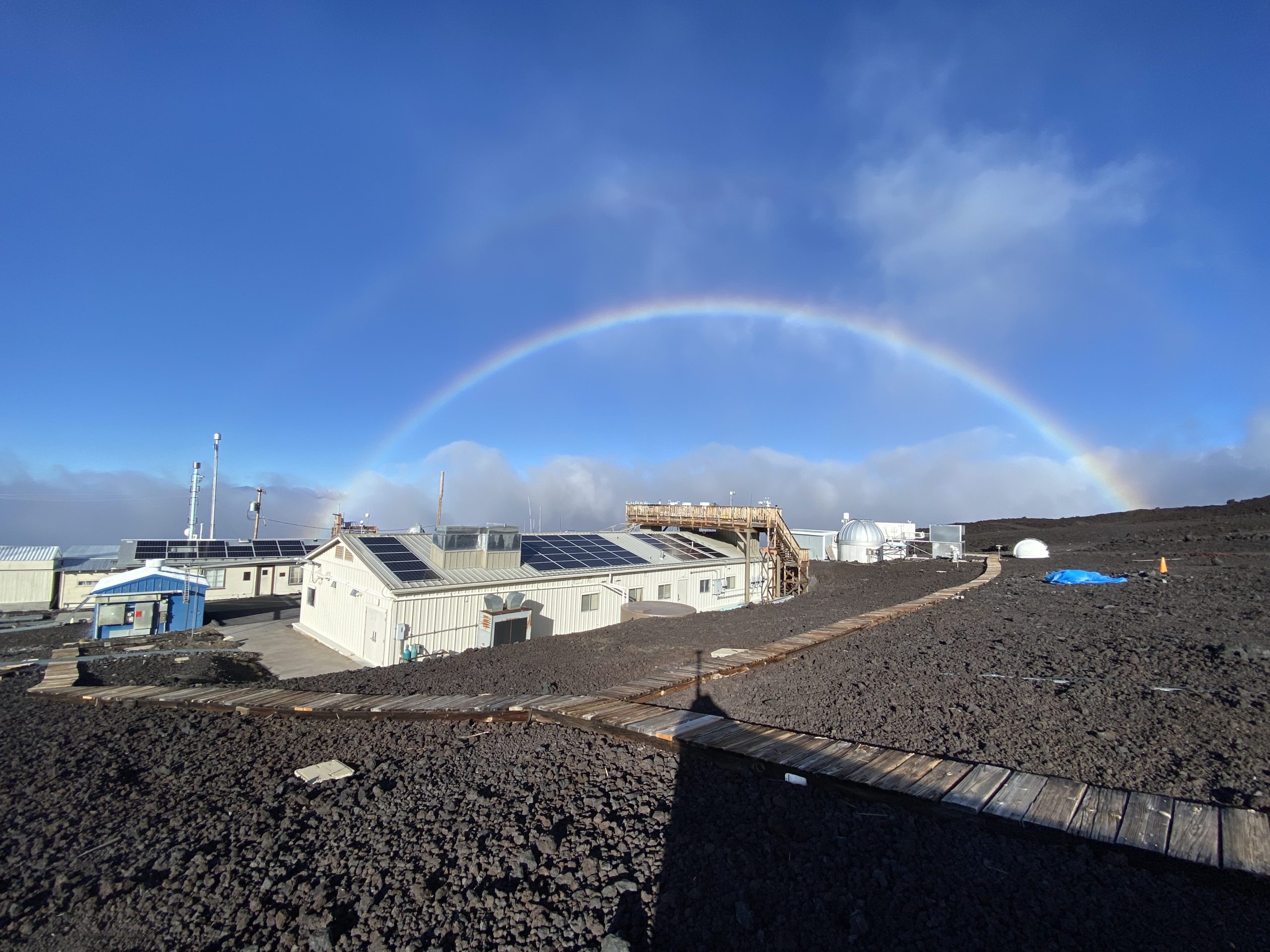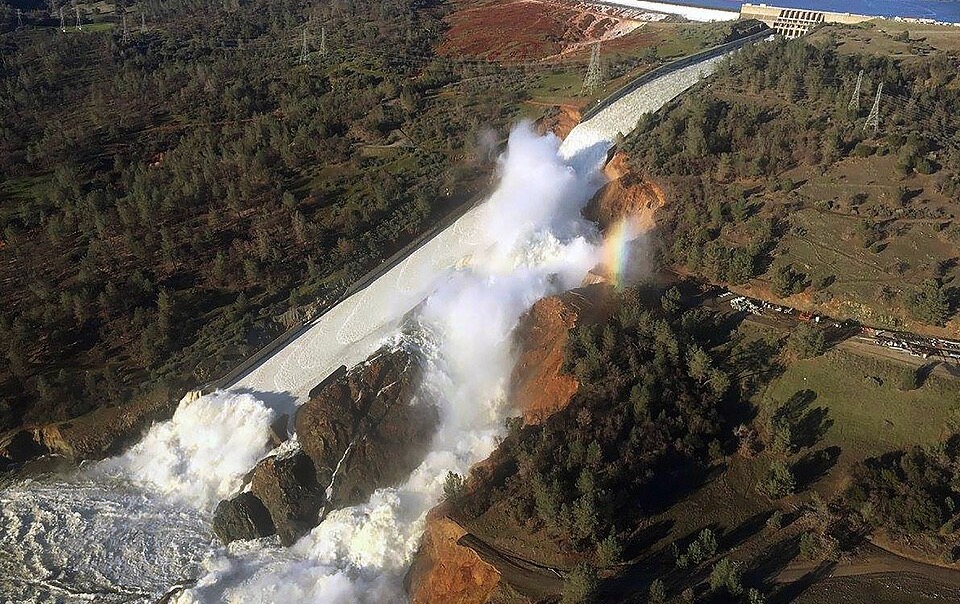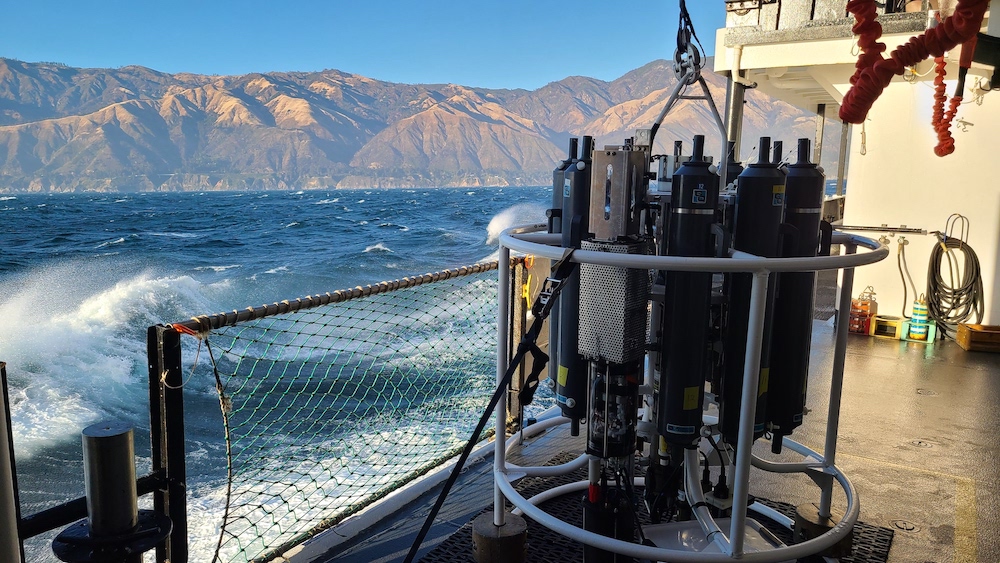The National Oceanic and Atmospheric Administration today announced it has selected the University of Washington to host NOAA’s Cooperative Institute for Climate, Ocean, and Ecosystem Studies (CICOES). The purpose of the cooperative institute is to facilitate and conduct collaborative, multidisciplinary research to support NOAA’s mission, educate and prepare the next generation of scientists to be technically skilled, environmentally literate, and reflect the national diversity, and engage and educate the citizenry of the Pacific Northwest, Alaska, and the nation about human-caused impacts on ecosystem health and socioeconomic sustainability. “We are pleased to announce that the University of Washington will host our new Cooperative Institute for Climate, Ocean and Ecosystem Studies,” said Craig McLean, assistant NOAA administrator for Oceanic and Atmospheric Research. “This institute will help NOAA achieve our mission to better the ocean and atmosphere, which depends on research, data and information to make sound decisions for healthy ecosystems, communities and a strong blue economy.”
NOAA to award UW up to $300 million over five years
The selection comes with an award of up to $300 million over the course of five years, with the potential for renewal for another five years based on successful performance. NOAA selected the University of Washington after an open, competitive evaluation. CICOES will be a research institute and regional consortium. CICOES scientists will work alongside scientists at NOAA’s Pacific Marine Environmental Laboratory, NOAA Fisheries Alaska Fisheries Science Center and Northwest Fisheries Science Center, all in Seattle. The regional consortium will include affiliated faculty and staff at UW, the University of Alaska Fairbanks and Oregon State University, who will contribute expertise, research capacity, technological development, and help train the next-generation of NOAA scientists, and conduct public education and outreach. The new cooperative institute will address some of the major research themes that have been the focus of NOAA’s previous cooperative institute hosted by UW, the Joint Institute for the Study of the Atmosphere and Ocean, including climate and ocean changes and impacts, and will expand to include new research areas and involve additional universities. NOAA supports 17 cooperative institutes consisting of 57 universities and research institutions in 23 states and the District of Columbia. These research institutions provide strong educational programs that promote student and postdoctoral scientist involvement in NOAA-funded research. For more information, please contact Monica Allen, NOAA Communications, at 202-379-6693 or by email at monica.allen@noaa.gov



